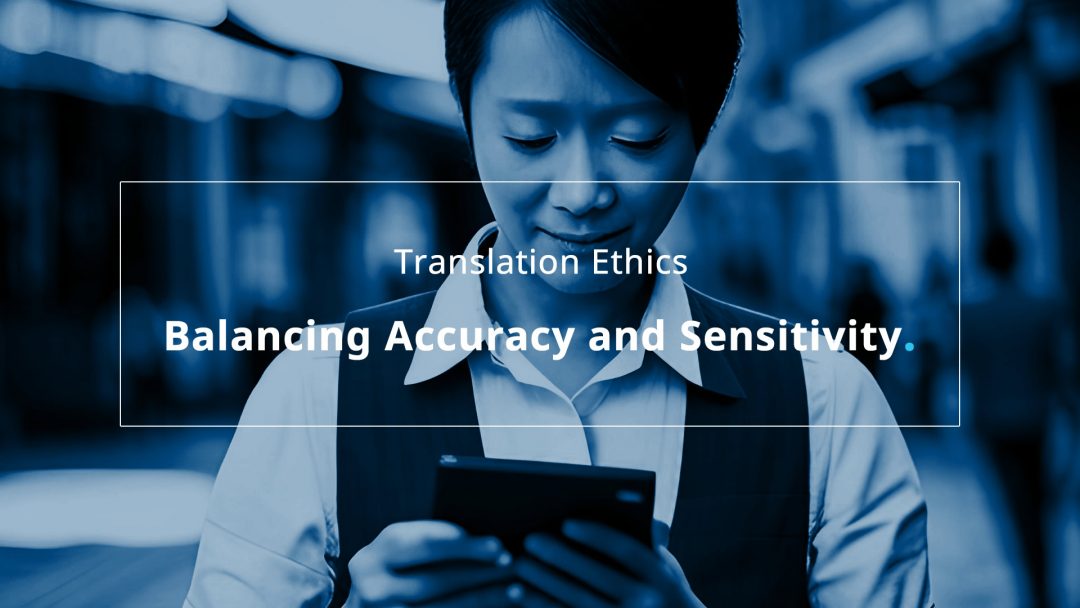
Language and translation have never been more critical. Translators are the often unseen architects of global understanding – their work lays the foundation for the cross-cultural exchange that is the hallmark of international collaboration. Their tasks extend beyond mere linguistic transformation. Translators must weave through intricate ethical considerations, balancing fidelity to the original message with cultural appropriateness in ways that reveal the complexity and subjectivity of translation work.
What lurks beneath the visible surface of a seemingly straightforward translation are the deep ethical waters that every translator must swim in. The translation process accurately represents another’s thoughts, expressions, and cultural context. It involves decision-making that is both personal and universal, reflecting the translator’s ethical moorings as well as broader, shared values.
Ensuring Cultural Respect
A hallmark of ethical translation is respect for the cultures involved. It’s about understanding and navigating words and phrases’ unique meanings and connotations in different cultural contexts. That involves linguistic dexterity and a strong sense of cultural empathy and awareness vital to our diverse world. Without this sensitivity, translation can inadvertently perpetuate harmful stereotypes or biases, not to mention diluting the richness of the source culture that the original author intended to convey.
Accuracy as a Keystone
The quest for linguistic accuracy in translation is akin to the philosopher’s stone. The translator’s solemn duty is to retain the message’s genuineness from the source language. A single word choice or nuance can dramatically alter the intended meaning, and herein lies the ethical tightrope walk of the translator. While cultural adaptation is sometimes necessary, any shift must be balanced to avoid distorting the message’s essential core.
Maintaining Integrity of the Text
The fidelity of translation is about remaining faithful to the words and intent of the original author. It’s vital to translate in a manner that preserves the author’s voice, opinions, and artistic expression without undue influence or imposition from the translator’s perspective. That ultimately means refraining from injecting personal biases or opinions into the translated text, regardless of their alignment with the author’s or the target culture’s.
Read the entire article on our parent company website.
